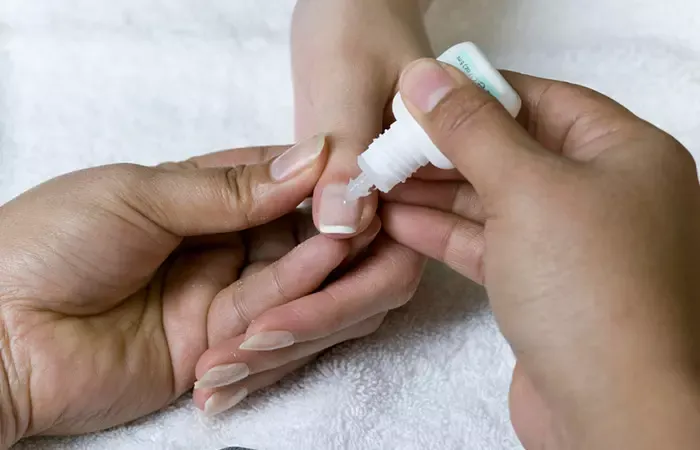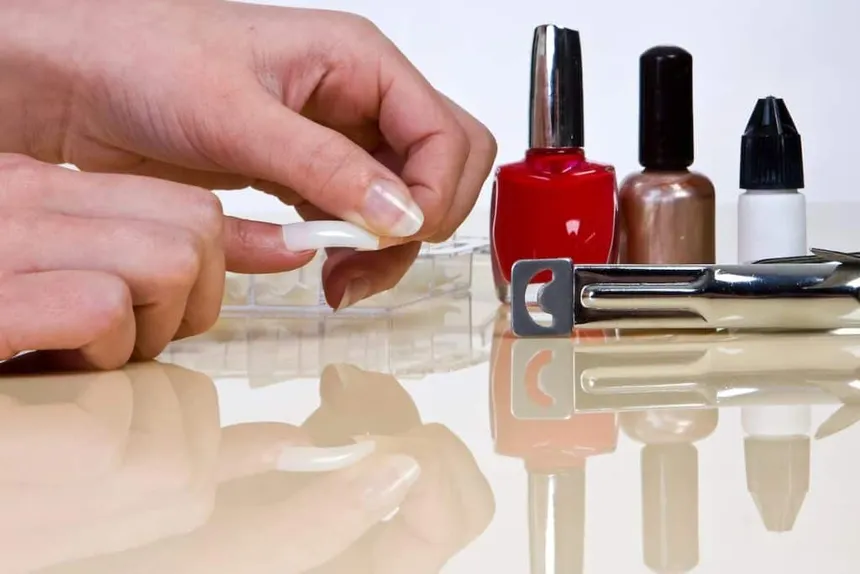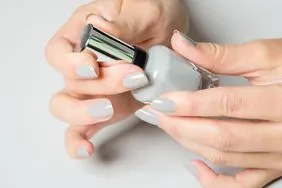Your dream beauty career starts here—30,000+ students and counting

CEO/Founder Of Bela Beauty College
Yes, you can fix a broken acrylic nail without replacing it. Depending on the severity, you can repair it at home using nail glue, a tea bag or silk wrap, or even acrylic powder or builder gel to restore strength and appearance.

Acrylic nails can break for several reasons, most of which stem from everyday habits and stress on your hands. Understanding the cause is the first step to preventing future breakage. Many people ask, “How long does it take to do acrylic nails?” — and while the process usually takes 45 minutes to 2 hours depending on the complexity, rushing or improper technique during that time can contribute to future issues like cracking or lifting.
Signs to watch out for before a break happens:
Yes, you can absolutely fix a broken acrylic nail without replacing the entire set.
If the damage is minor, a quick at-home repair using glue or wrap works well. For more serious breaks, builder gel or acrylic powder can reconstruct the nail. Full replacement is typically only necessary for extensive damage or infection.

Before starting any acrylic nail repair, gather your materials. This ensures a smooth, efficient fix.
Essentials for minor repairs:
For more advanced fixes:
Tip: Consider investing in an acrylic nail repair kit—it combines most of these items in one set.
If the acrylic nail is cracked but intact, here’s how to fix it at home:
When the acrylic is split across or partially detached but still salvageable:

After repairing your acrylic nail, proper care is critical. Prevent further breakage and help your fix hold up by following these steps. Many clients wonder, “How long do fake nails last without damage?” — and with proper maintenance, they can easily stay intact for 2 to 3 weeks or more. However, neglecting aftercare can significantly shorten their lifespan.
While DIY repairs can be effective, sometimes it’s best to let a pro handle it. Watch for these signs:
In these cases, visit a licensed nail technician at Bela Beauty College or your local salon to avoid further complications.
At salons like Bela Beauty College, trained technicians use a more refined technique to restore nails.
Here’s what the process often involves:
Professionals can also spot early signs of issues you might miss, like fungal infections or improper lifting.
The best fix is prevention. With consistent care, your acrylics can last longer and stay flawless.
Smart habits to reduce breakage:
Best Practices for Nail Techs:
Suite 7
144-156 George Street,
Fitzroy Victoria,
Australia 3065
1212-1175 Douglas Street 7
Victoria,
Canada V8W 2E1
6 Clayton Street
Newmarket, Auckland
New Zealand 1023
5th Floor
60 Cheapside
London EC2V 6AXa